UN report highlights urgent need to tackle impact of EV battery production boom
Green Car Congress
JULY 4, 2020
UNCTAD predicts that some 23 million electric vehicles will be sold over the coming decade: the market for rechargeable car batteries, currently estimated at $7 billion, is forecast to rise to $58 billion by 2024. For example, two-thirds of all cobalt production happens in the Democratic Republic of the Congo (DRC).




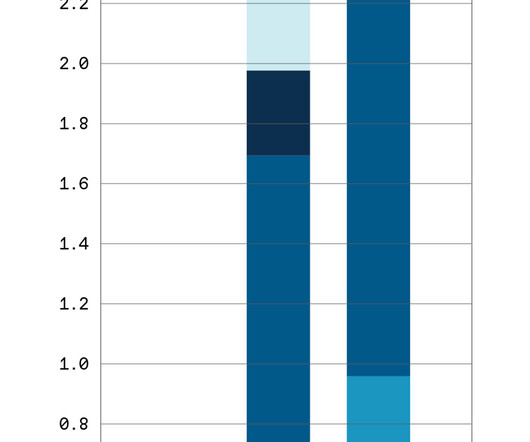




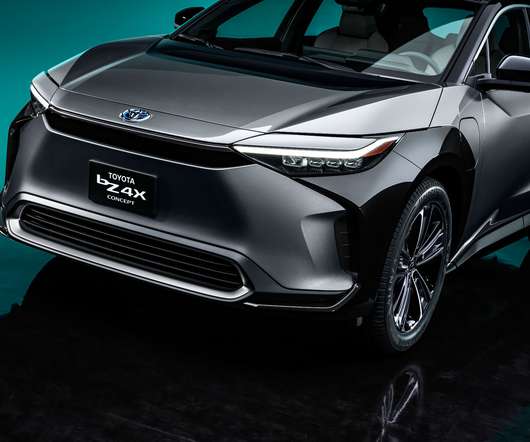
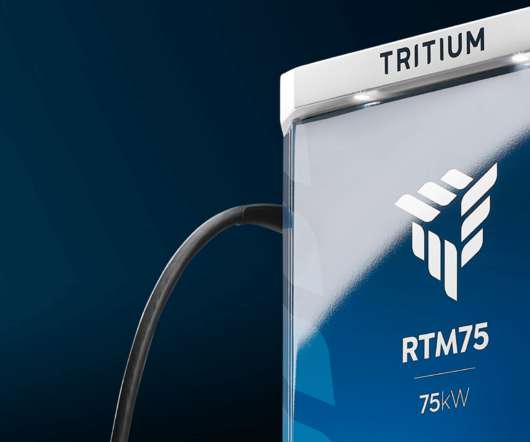





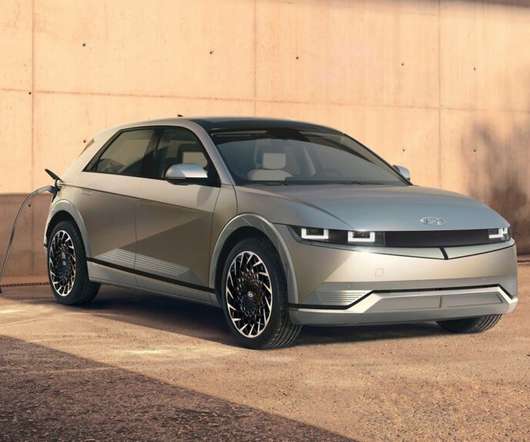
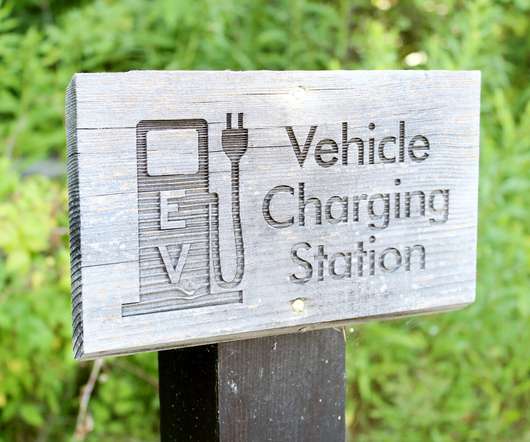
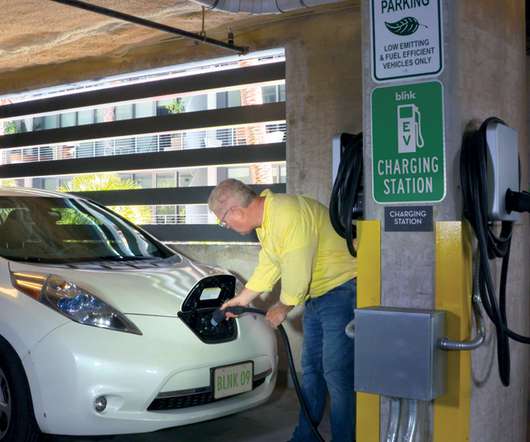



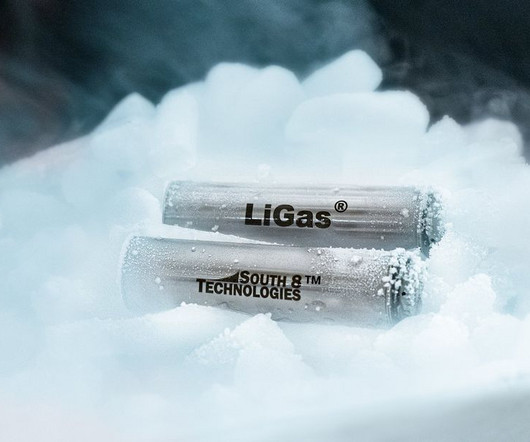
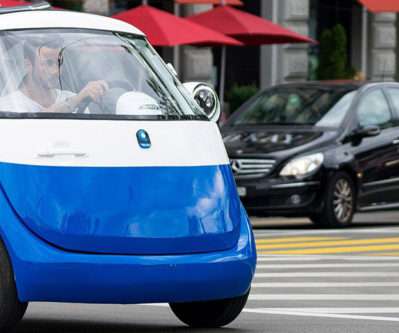
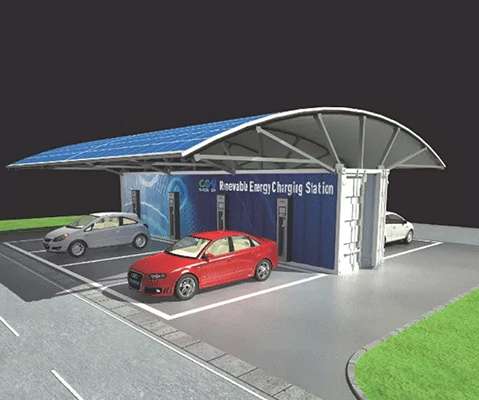














Let's personalize your content